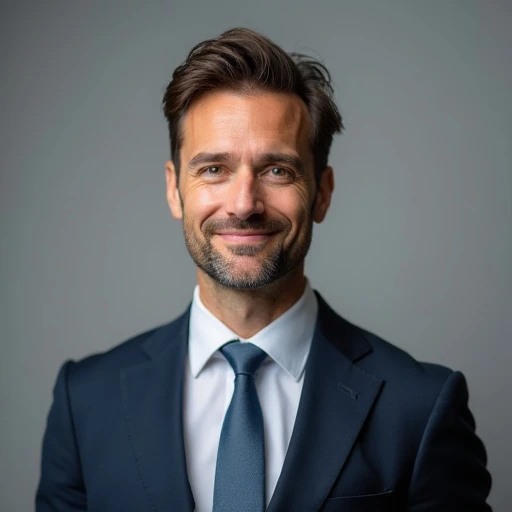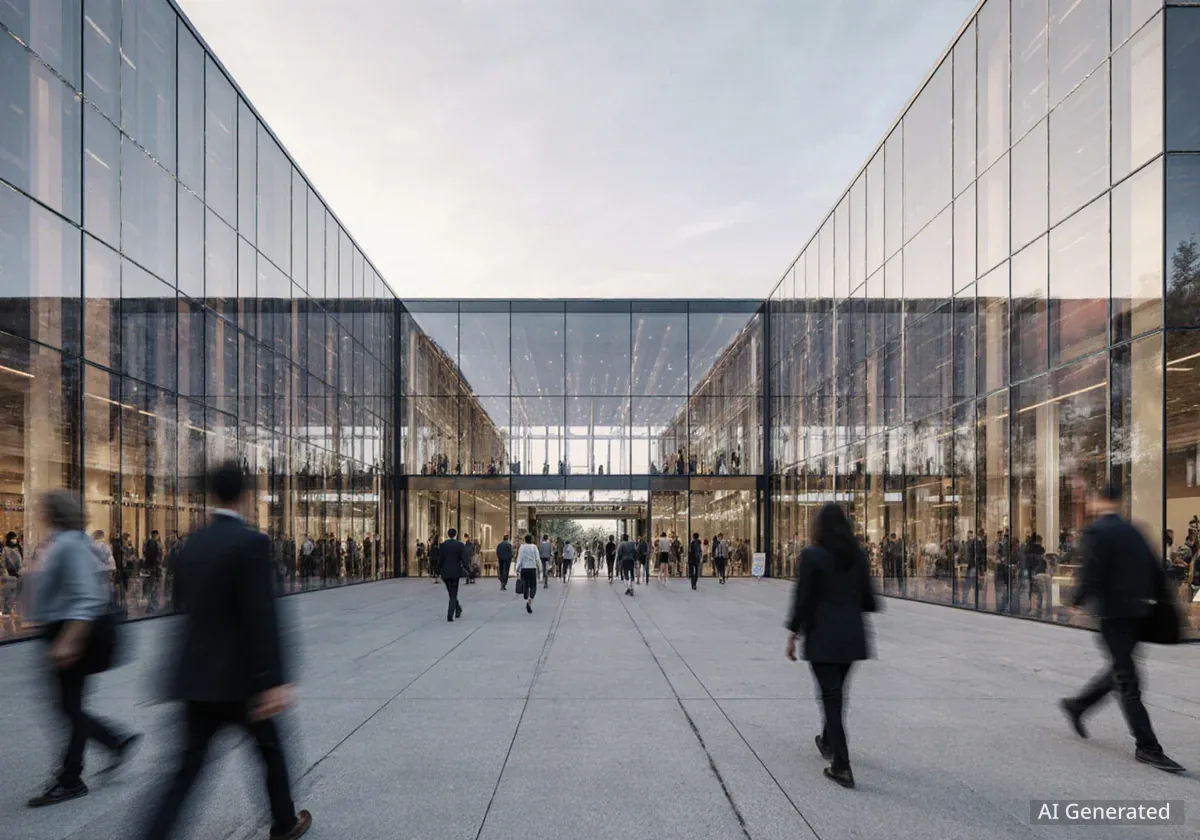David Lloyd Clubs has officially announced the acquisition of regional fitness chain FitLife Gyms in a deal valued at £250 million. The move significantly expands David Lloyd's presence across the United Kingdom and marks a strategic entry into the mid-range fitness market, a new segment for the premium health club operator.
The acquisition includes all 45 FitLife Gym locations, primarily situated in suburban areas and market towns. The company stated that the deal will integrate over 150,000 FitLife members into the David Lloyd network and is expected to be finalized by the end of the fiscal year, pending regulatory approval.
Key Takeaways
- Acquisition Value: The deal is confirmed at £250 million, financed through a combination of cash reserves and a new credit facility.
- Portfolio Expansion: David Lloyd Clubs will add 45 fitness centers to its UK portfolio, increasing its total number of UK clubs by over 40%.
- Market Strategy: This acquisition represents a deliberate move by David Lloyd to capture a share of the more accessible, mid-tier gym market.
- Member Integration: Over 150,000 FitLife members will be brought into the David Lloyd ecosystem, with initial plans to maintain the FitLife brand for a transitional period.
Details of the £250 Million Transaction
The acquisition, one of the largest in the UK leisure sector this year, was confirmed in a press release issued early Tuesday morning. David Lloyd Clubs will pay £250 million for the entire share capital of FitLife Gyms Ltd., a privately held company that has seen rapid growth over the past decade.
According to financial documents related to the deal, the acquisition will be funded through £100 million from David Lloyd's existing cash reserves and £150 million from a newly secured financing agreement with a consortium of banks. This financial structure allows the company to maintain liquidity for ongoing operations and planned club upgrades.
Strategic Rationale Behind the Purchase
Industry analysts suggest the move is a direct response to shifting consumer habits in the post-pandemic era. While David Lloyd has traditionally catered to the premium end of the market with comprehensive family-oriented facilities, FitLife established a strong foothold with a more streamlined, fitness-focused model at a lower price point.
"This acquisition is a pivotal moment for David Lloyd Clubs," said Russell Barnes, CEO of David Lloyd Leisure. "It allows us to diversify our portfolio and serve a broader segment of the population. FitLife has built an impressive and loyal community, and we are committed to investing in their clubs to enhance the member experience while retaining the accessible ethos they are known for."
By acquiring FitLife, David Lloyd gains immediate access to a different demographic, one that prioritizes convenient, high-quality gym facilities without the extensive amenities like tennis courts and spas that define the core David Lloyd brand.
A Look at the UK Fitness Market
The UK health and fitness industry is currently valued at over £5 billion. The market is highly segmented, ranging from budget operators charging less than £20 per month to premium clubs with fees exceeding £150 per month. FitLife operated in the competitive mid-range, typically with monthly memberships between £40 and £60.
Impact on Members and Club Operations
A primary concern for existing members of both chains is how the acquisition will affect their memberships and local clubs. David Lloyd's management has moved to address these questions, outlining a phased integration plan.
Initially, all 45 FitLife Gyms will continue to operate under the FitLife brand. A spokesperson confirmed there are no immediate plans for widespread rebranding or changes to membership fees for current FitLife members. However, the company announced a £30 million investment fund dedicated to upgrading facilities at former FitLife locations over the next 24 months.
Planned Upgrades and Future Branding
The planned improvements will focus on several key areas:
- Upgrading gym floor equipment with the latest technology.
- Refurbishing changing rooms and communal areas.
- Introducing a limited selection of David Lloyd's signature group exercise classes.
- Integrating the booking and membership systems onto a unified digital platform.
Long-term branding strategy remains under review. One possibility is the creation of a new sub-brand, such as "David Lloyd Fit," to differentiate these clubs from the premium, large-format David Lloyd locations. This would allow the company to maintain distinct price points and service offerings for different market segments.
By the Numbers: The Acquisition
- 45: The number of FitLife Gyms acquired.
- 150,000+: The number of members joining the David Lloyd network.
- £30 Million: The amount allocated for upgrading the newly acquired clubs.
- 2,000: The approximate number of FitLife employees who will transition to David Lloyd.
Market Consolidation and Competitive Landscape
This acquisition reflects a broader trend of consolidation within the health and leisure industry. Larger operators are seeking to expand their reach and achieve economies of scale, especially as the sector recovers from the challenges of the past few years.
The move positions David Lloyd to compete more effectively with budget gym chains like PureGym and The Gym Group, which have dominated the market in terms of member numbers. While David Lloyd will not compete directly on their low-price model, the acquisition of FitLife provides a crucial buffer and a new avenue for growth.
"We are not aiming to become a budget operator," Russell Barnes clarified in a statement. "Instead, we are creating a best-in-class offering for the mid-market. We believe there is a significant portion of the population that wants more than a basic gym but doesn't need the full country club experience. That is the space we intend to lead."
The deal is now subject to review by the UK's Competition and Markets Authority (CMA), although significant opposition is not anticipated given the distinct market segments the two brands have historically served. The finalization of the purchase is expected in the fourth quarter, with integration efforts beginning in early next year.





